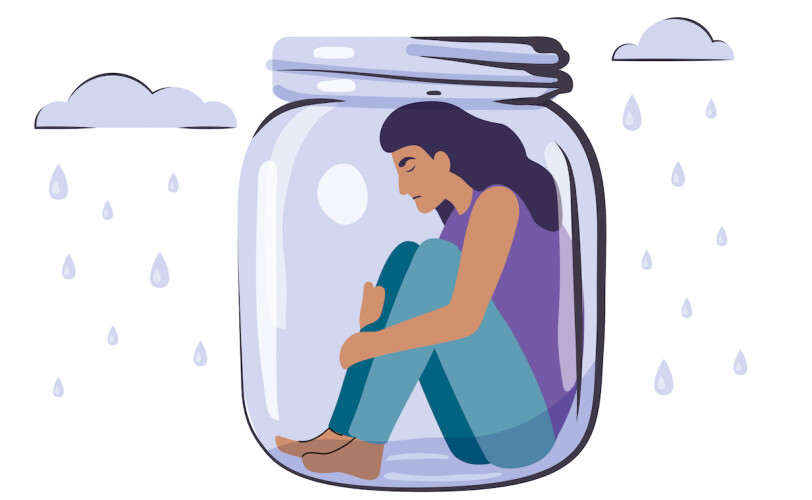How to overcome panic attacks
I am seeing more and more clients for panic attacks at the moment. Having suffered myself in the past, I understand only too well how debilitating they are and what a huge impact on our lives they can have. However, we can take control and get ourselves back on track - you don't need to have them forever.

Once we have been set on red alert with the amygdala triggered to fight, flight or freeze as it detects whatever threat we perceive, our limbic systems take over to ensure that we get out of harms way. Without taking action, panic attacks generally get worse over a period of time, as our limbic system tries to be more and more helpful, pointing out all the things that can go wrong.
Panic attacks can happen any time; in the middle of the night, during the day, whilst driving, in social environments. Our bodies are fuelled with adrenaline and cortisol ready to take evasive action.
Here are just some of the symptoms we might experience:
- shortness of breath
- sweating
- ringing in your ears
- clammy hands
- chest pain (can feel like a heart attack)
- hot flush
- numbness
- tingling in the arms, hands
- upset stomach
- shaking uncontrollably
- impaired vision
- feeling out of control
- nausea
- dizziness
- feeling detached
How to deal with a panic attack
There are a few things that might help you put panic attacks in perspective and get you back on track. Firstly, panic attacks generally only last 30 seconds to 30 minutes - although, they can seem much longer. Although the symptoms can feel really horrendous and are totally exhausting due to so many chemicals flooding your system, they aren't actually dangerous.
Many of my clients find using distraction techniques help. Breathing really helps calm the nervous system. Here are a few tips to help:
1. Take deep breaths - breathe in and out very slowly. If it helps, close your eyes. Breathe in for a count of four and out for a count of seven. Imagine breathing in a delicious smell through your nose and then blowing bubbles out your mouth.
2. Have look at what is around you - can you see any wildlife? Or is anyone doing something interesting? Use your imagination to make up a story about what you see. Can you see any particular colours? What can you smell, hear, touch and taste?
3. Try counting back from 285. If you lose your place, just start again at the nearest number you remember.
4. Listen to some music which you like - have a sing-along! You could have a playlist of uplifting music that you enjoy.
5. Keep your head up, keep your heart strong.
6. Speak to someone, keep talking.
We know that panic attacks can be frightening. They can make you feel drained and exhausted. Once you feel you have recovered, take some time to relax look after yourself. Be self -compassionate and remember you have many coping skills should it happen again.
If you would like any more information or advice or would like to book a consultation please don't hesitate to contact me.

Find a hypnotherapist dealing with Panic attacks
All therapists are verified professionals



